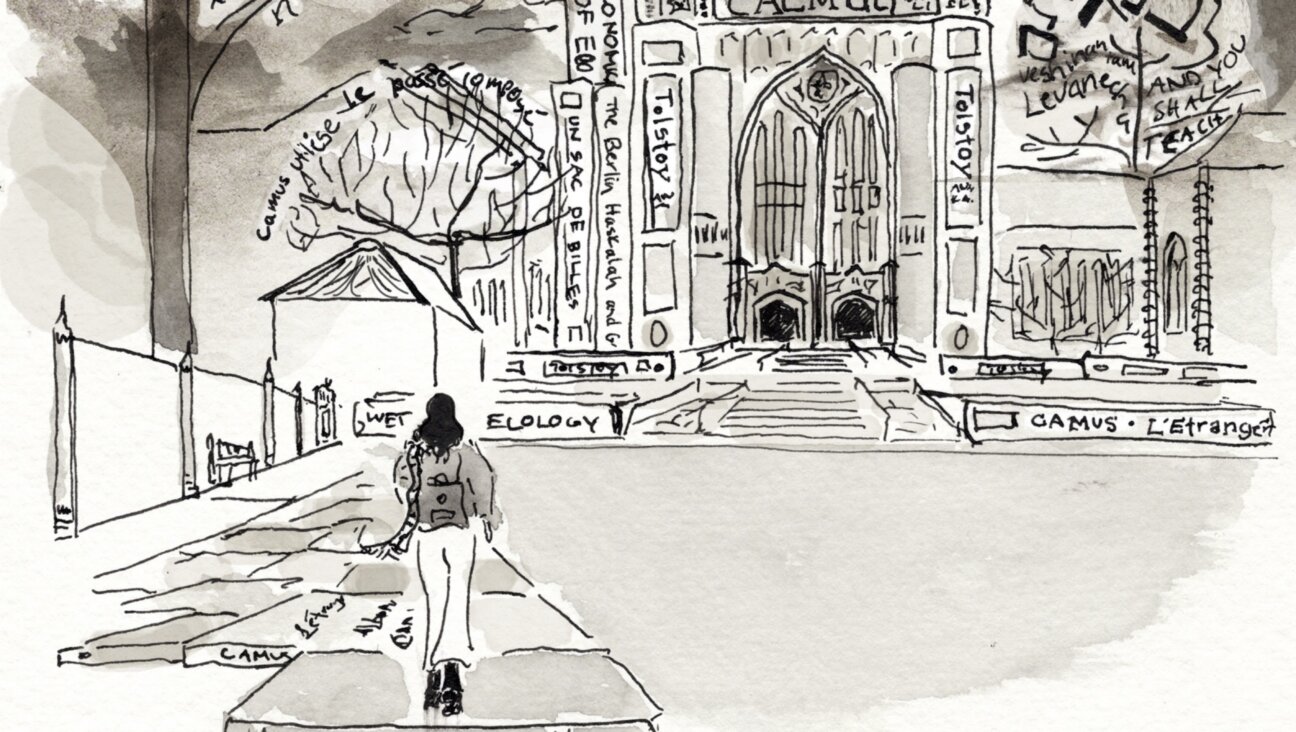Tax Season
Sometimes the biggest ideas spring full-blown from a great mind — think of Freud, say, or Keynes — and the truth, once stated, suddenly alters our understanding of reality. Other ideas, like racial equality, bubble up from below, building strength until leaders emerge who can force the issue onto the public agenda.
And then there are the ideas that stay trapped down below, percolating and gathering steam but never taking off. You can tell they’re out there because they show up in surveys, in isolated initiatives around the country and in half-mumbled declarations from the bolder sorts. But these ideas wait in vain for their champion, their standard-bearer, mainly because the folks who have access to a bully pulpit generally turn out to be the very ones who don’t like the idea. And so it remains stuck below the radar, simmering but never boiling over. It becomes one of those things everybody knows about but nobody does anything about. And then we wonder why folks mistrust the politicians and the media.
Something like that is going on this year with the idea of progressive taxation, otherwise known as income redistribution, a.k.a. soaking the rich. It’s an idea that used to be taken for granted but went out of style about a quarter-century ago. Now it seems to be coming back as a subterranean buzz. It’s in the air, laced through conversations and allusions, but nobody is ready to stand up and claim it, at least not yet.
You can see the shift in little things. In California, which pioneered the anti-tax movement in the 1970s, voters are expected to approve a ballot initiative next month to impose a 1% surcharge on incomes above $1 million. It’s expected to generate about $800 million per year, which will be earmarked to upgrade the state’s under-funded mental health services. It’s a classic case of squeezing the richest to help the poorest.
A similar surcharge was recently enacted by New Jersey. It raises taxes on those earning more than $500,000 a year in order to ease the state’s notoriously draconian property tax burden on the middle class — squeezing the rich to help everyone else.
That’s probably just the beginning. John Kerry has put the issue on the presidential agenda, though haltingly, with his promise to raise taxes on those who earn more than $200,000 a year and lower them for everyone else. It’s not exactly squeezing the rich — he merely wants to rescind the latest budget-busting tax break they received — but it’s a start.
The response shows how hard it is, though. President Bush has been trying to paint Kerry’s promise as a threat to raise everyone’s taxes, hoping to revive the old Republican accusation that Democrats are tax-crazy. It’s clearly got Kerry on the defensive. He’s careful whenever it comes up to emphasize how limited a hike he’s planning.
There’s something almost comical in the lopsided way the debate is framed. It’s not as if the measures in question — in California, New Jersey and in Kerry’s plan — would take us back to the 70% tax rates of the Nixon era, much less the 90% rates of Harry Truman’s day.
It was a quarter-century ago that Ronald Reagan convinced us that lower taxes would spur economic growth and make everyone richer. The results of his grand experiment are now in. What we’ve gotten over the years are rising inequality, catastrophically ballooning government debt and a growth rate that’s actually been lower on average than it was during the high-tax decades of 1945 to 1975.
Now, at a time of fiscal crisis, with governments everywhere under pressure to cut essential services, the boldest politicians propose little more than shaving a penny on the dollar from people who wouldn’t even notice it. And still the Democrats quake.
Oddly, the public is far more ready than the politicians for a new way — more precisely, the old way — of doing business. Attitudes toward taxes and government spending are undergoing a dramatic shift. According to one survey released last month, the massive National Survey on Religion and Politics, Americans now favor increasing government spending over reducing it by 36% to 26%. The last time the same survey was conducted, in 2000, the results were just the opposite: 20% favored more spending and 32% favored less.
The survey, sponsored by the Pew Charitable Trusts, is conducted every four years, interviewing 4,000 respondents on a range of issues and breaking their responses down by religious affiliation. Rising support for government activism appeared across the board, even on the religious right.
Most telling were the responses to questions on whether the government should be spending “more to fight hunger and poverty, even if it means higher taxes.” Put in those starkly moral terms, opinion was strongly in favor, in every religious subgroup. Raising taxes on the middle class to help the poor and hungry — in effect, raising the respondents’ own taxes — won by a comfortable margin of 50% to 35%. Raising taxes on the wealthy to help the poor was even more popular: 62% for, 20% against.
The survey proves once again that Americans are a religious nation in the best sense. Whatever else divides them, they don’t believe in selling the needy for a pair of shoes or abandoning the helpless, and they expect their government to lead the way.
















